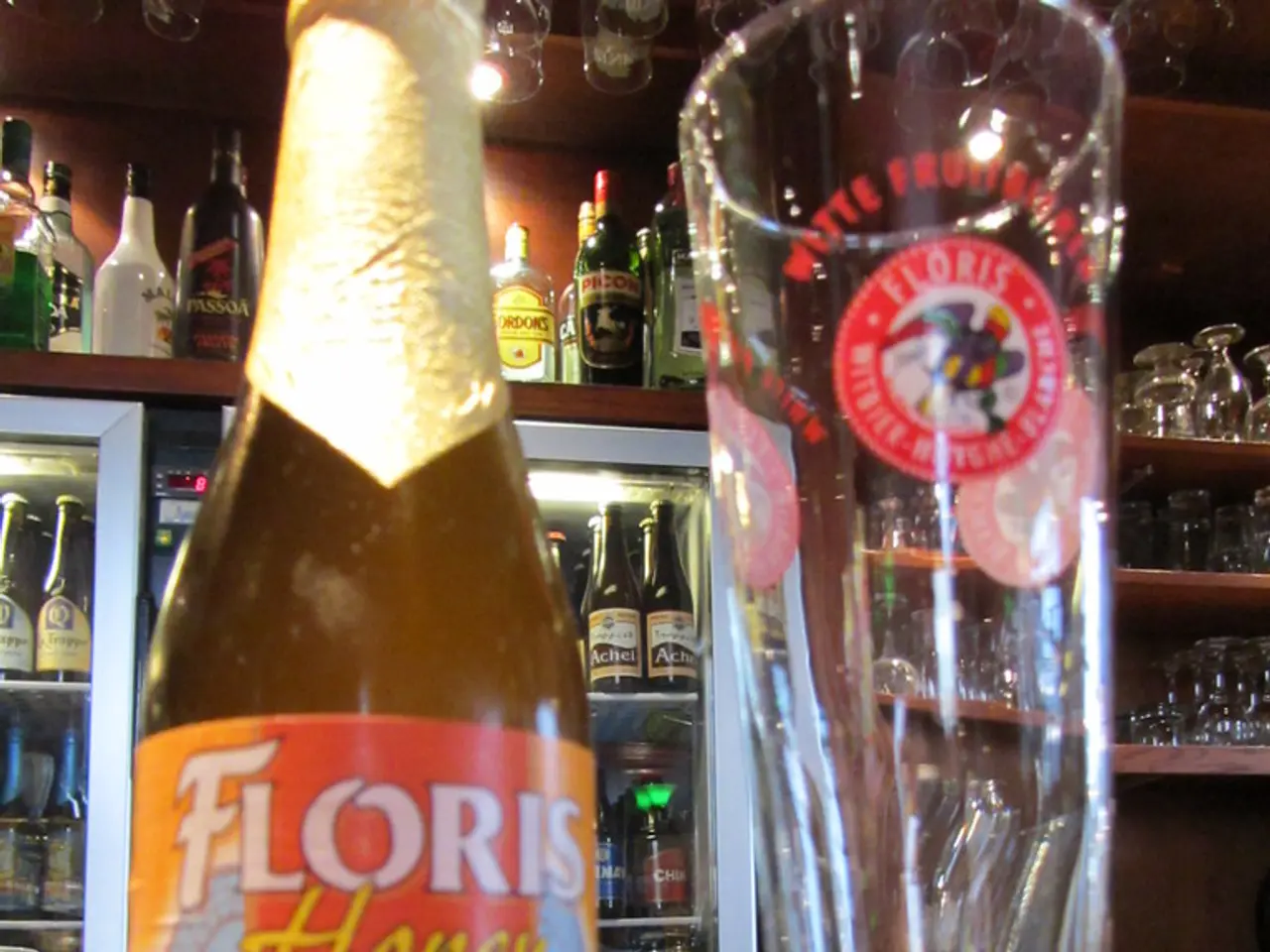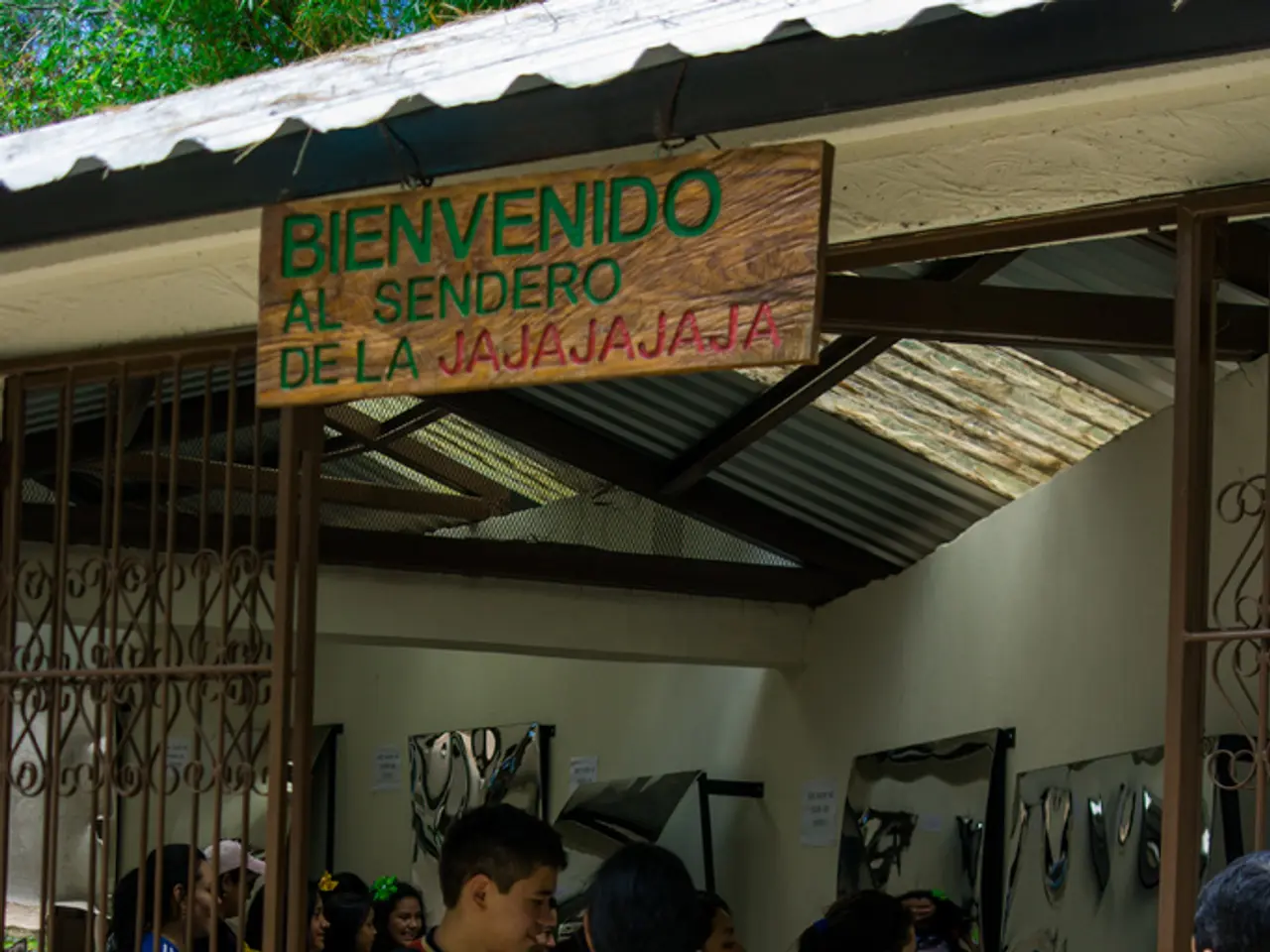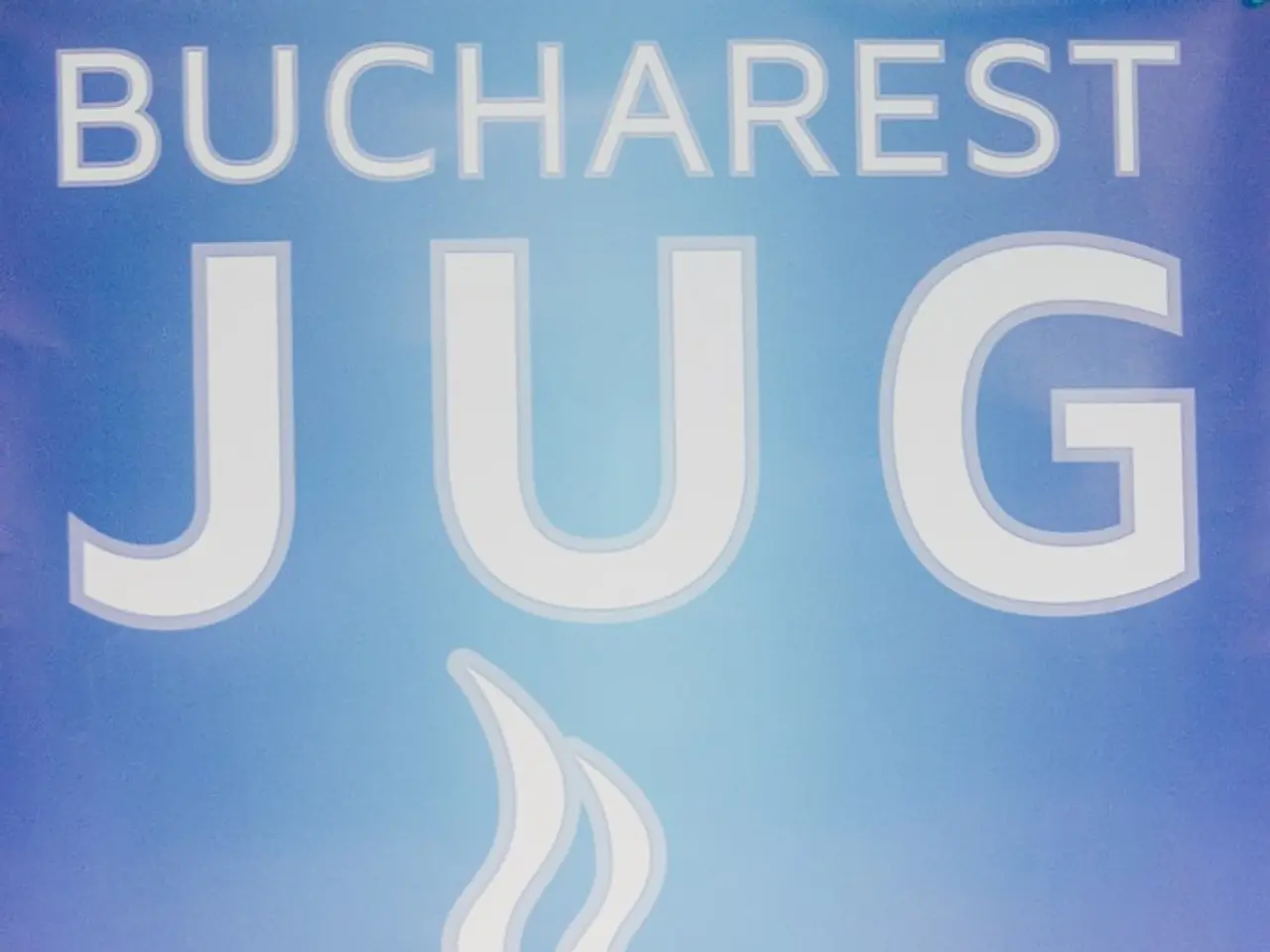U.S. Tariff Change Offers Cautious Optimism to Champagne Manufacturers
The champagne industry is feeling the pinch of President Trump's global tariffs, with exports to the US market taking a significant hit. According to Maxime Toubart, co-president of Comité Champagne, champagne makers aim to remain "very present" in the US market, but will also seek to make up for lost American sales by targeting countries in southeast Asia, Latin America, and Africa.
The ongoing EU-US negotiations are considered good news by Toubart, as they offer a glimmer of hope for a better deal. However, orders have already started to decrease over recent months due to the tariff threat and US inflationary pressures affecting consumer spending and the dollar exchange rate.
Christine Sevillano, a champagne grower, stated that the US market accounts for nearly 10% of her turnover. The tariffs have increased the costs for EU products, including luxury goods like champagne, when exported to the US, making them more expensive and less competitive in the American market.
The French drinks sector, including champagne, has a chance to become exempt from blanket tariffs, according to the French wine and spirits association FEVS. They are actively advocating for the French drinks sector to be exempt from the tariffs, addressing the governments of France and other EU members.
Sevillano remains optimistic about the ongoing talks between the European Commission and the US government. However, her US importers are in a state of uncertainty and hope that the Trump administration will change course. Toubart did not mention any specific countries in southeast Asia, Latin America, or Africa as targets for increased champagne sales.
The champagne industry sells about 10% of its production volume to the US market and 14% of its total output value, amounting to 820 million euros ($955 million). Toubart expressed concern that the entire value chain of the champagne industry will suffer due to the tariffs.
Despite the challenges, Toubart mentioned that there are other markets waiting to be opened up for the champagne industry. The industry sells an optimistic product, as stated by Sevillano. However, without a change in course, the situation will become difficult for Sevillano's importers.
Trump's global tariffs, including a maximum of 15% on EU goods, have come into effect. Economic analyses suggest that these tariffs contribute to global economic uncertainty and slower growth prospects, complicating supply chains and trade negotiations. While some bilateral talks show promise of easing tensions with countries like Japan, Korea, and India, U.S.-EU trade relations remain fraught due to these tariffs.
References:
- European Commission. (2025). Fact Sheet: EU-US trade relations under Trump's tariffs.
- International Monetary Fund. (2025). Global Economic Outlook: Impact of Trump's Tariffs.
- World Trade Organization. (2025). Report on the Impact of Trump's Tariffs on Bilateral Trade Relations.
- Office of the United States Trade Representative. (2025). Executive Orders and Proclamations on Tariffs.
The business community within the champagne industry, concurrently extending to other sectors in France, is grappling with financial impacts resulting from President Trump's global tariffs, notably American inflationary pressures and increased costs for EU products on the US market. Despite efforts to remain competitive in the US market, champagne makers may redirect sales to countries in southeast Asia, Latin America, and Africa, as stated by Maxime Toubart, co-president of Comité Champagne.




